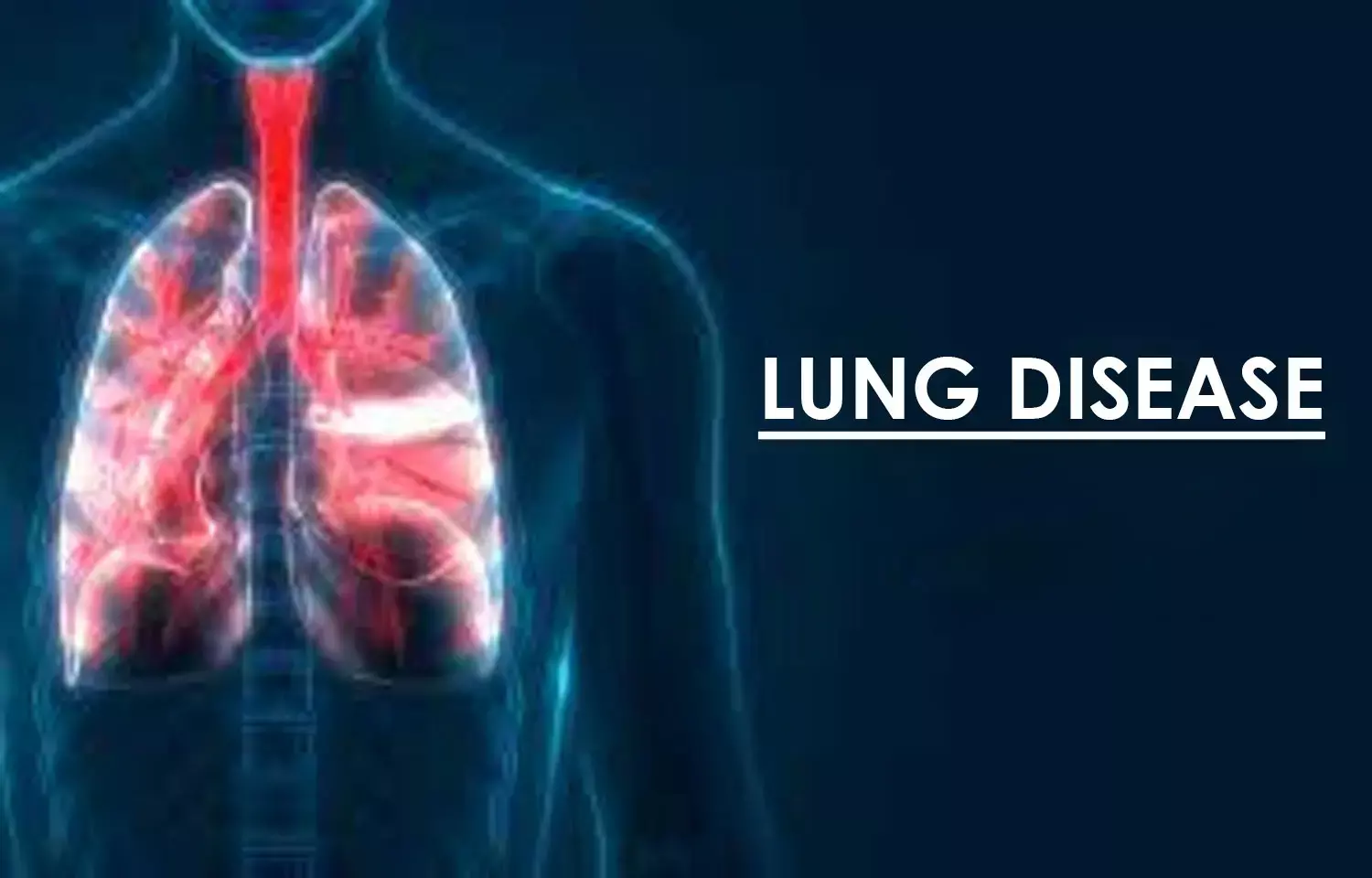- Home
- Medical news & Guidelines
- Anesthesiology
- Cardiology and CTVS
- Critical Care
- Dentistry
- Dermatology
- Diabetes and Endocrinology
- ENT
- Gastroenterology
- Medicine
- Nephrology
- Neurology
- Obstretics-Gynaecology
- Oncology
- Ophthalmology
- Orthopaedics
- Pediatrics-Neonatology
- Psychiatry
- Pulmonology
- Radiology
- Surgery
- Urology
- Laboratory Medicine
- Diet
- Nursing
- Paramedical
- Physiotherapy
- Health news
- Fact Check
- Bone Health Fact Check
- Brain Health Fact Check
- Cancer Related Fact Check
- Child Care Fact Check
- Dental and oral health fact check
- Diabetes and metabolic health fact check
- Diet and Nutrition Fact Check
- Eye and ENT Care Fact Check
- Fitness fact check
- Gut health fact check
- Heart health fact check
- Kidney health fact check
- Medical education fact check
- Men's health fact check
- Respiratory fact check
- Skin and hair care fact check
- Vaccine and Immunization fact check
- Women's health fact check
- AYUSH
- State News
- Andaman and Nicobar Islands
- Andhra Pradesh
- Arunachal Pradesh
- Assam
- Bihar
- Chandigarh
- Chattisgarh
- Dadra and Nagar Haveli
- Daman and Diu
- Delhi
- Goa
- Gujarat
- Haryana
- Himachal Pradesh
- Jammu & Kashmir
- Jharkhand
- Karnataka
- Kerala
- Ladakh
- Lakshadweep
- Madhya Pradesh
- Maharashtra
- Manipur
- Meghalaya
- Mizoram
- Nagaland
- Odisha
- Puducherry
- Punjab
- Rajasthan
- Sikkim
- Tamil Nadu
- Telangana
- Tripura
- Uttar Pradesh
- Uttrakhand
- West Bengal
- Medical Education
- Industry
Percutaneous image-guided microwave and cryoablation for lung sarcoma

Leesburg, VA, October 7, 202 - Outcomes between percutaneous microwave (MWA) and cryoablation of sarcoma lung metastases have not been compared to our knowledge.
According to ARRS' American Journal of Roentgenology (AJR), percutaneous image-guided microwave and cryoablation allow for repeat minimally invasive treatment of sarcoma lung metastases with manageable, predominantly mild complications.
Percutaneous MWA and cryoablation are both suited for treatment of sarcoma lung metastases, especially for tumors ≤1 cm, whether peripheral or non-peripheral. Complications, if they occur, are not life-threatening.
The researchers evaluated ablation modality, tumor size, and location (peripheral vs non-peripheral) in relation to local tumor progression using proportional Cox hazard models with death as competing risk. They estimated OS using the Kaplan-Meier method.
"High primary technical success, local control, and overall survival support microwave and cryoablation for treating sarcoma lung metastases," concluded 2019 ARRS Scholar Florian J. Fintelmann of Massachusetts General Hospital and Harvard Medical School. Noting that ablation modality and tumor location did not affect local progression (p>.05), "treatment failure was low, especially for small tumors," Fintelmann continued.
Fintelmann and colleagues' retrospective cohort study included 27 patients (16 women, 11 men; median age, 64 years; Eastern Cooperative Oncology Group performance score, 0–2) who underwent 39 percutaneous CT-guided ablation sessions (21 microwave, 18 cryoablation; 1–4 sessions per patient) to treat 65 sarcoma lung metastases (median 1 tumor per patient, range 1–12; median tumor diameter 11 mm, range 5–33 mm; 25% non-peripheral) from 2009 to 2021.
Estimated 2-year local control rate for microwave versus cryoablation was 95% and 98% for tumors ≤1 cm, and 62% and 79% for tumors >1 cm. Additionally, tumor size ≤1 cm was associated with decreased cumulative incidence of local progression (p=.048).
Reiterating the suitability of both percutaneous microwave and cryoablation for treating tumors ≤1 cm, whether peripheral or non-peripheral, "complications, if they occur, are not life-threatening," the authors of this AJR article added.
For further reference log on to:
https://doi.org/10.2214/AJR.21.26551
Hina Zahid Joined Medical Dialogue in 2017 with a passion to work as a Reporter. She coordinates with various national and international journals and association and covers all the stories related to Medical guidelines, Medical Journals, rare medical surgeries as well as all the updates in the medical field. Email: editorial@medicaldialogues.in. Contact no. 011-43720751
Dr Kamal Kant Kohli-MBBS, DTCD- a chest specialist with more than 30 years of practice and a flair for writing clinical articles, Dr Kamal Kant Kohli joined Medical Dialogues as a Chief Editor of Medical News. Besides writing articles, as an editor, he proofreads and verifies all the medical content published on Medical Dialogues including those coming from journals, studies,medical conferences,guidelines etc. Email: drkohli@medicaldialogues.in. Contact no. 011-43720751


